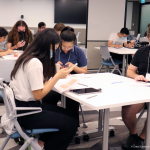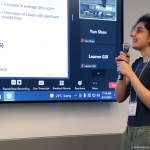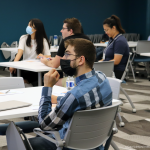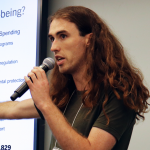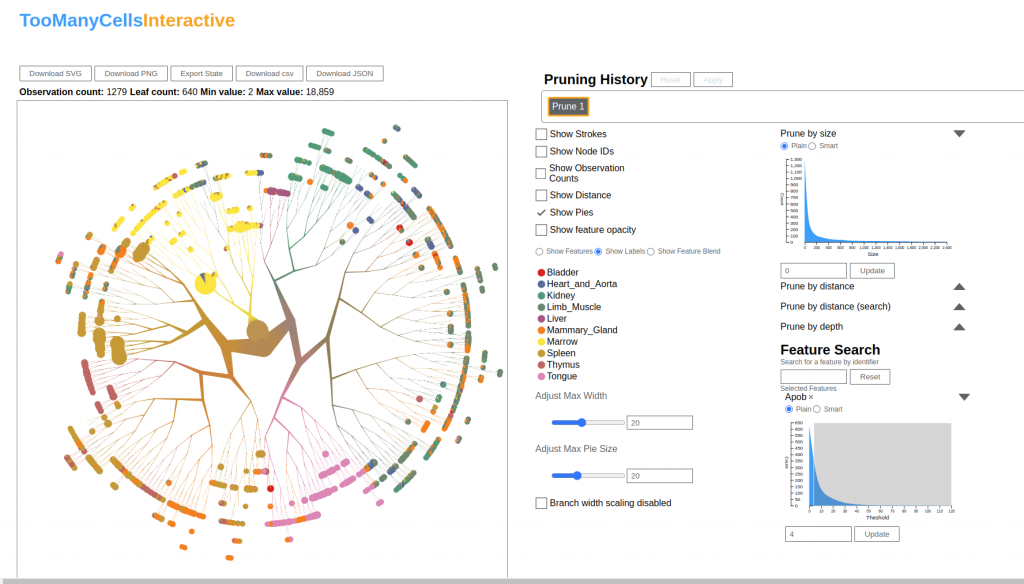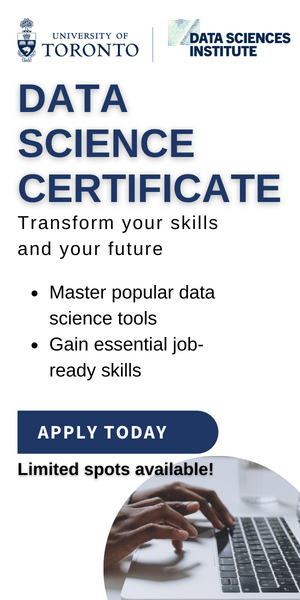The Data Sciences Institute (DSI) welcomed 35 carefully selected undergraduate students from across Canada for a rich data sciences research experience. The Summer Undergraduate Data Science (SUDS) Opportunities Program is a great way for undergraduate students to engage in hands-on research led by DSI member faculty and scientists. The program has a cross-disciplinary approach, applying data science skills in various fields including the humanities, life science, engineering, public health, and more.
“The DSI SUDS program is about inspiring the next generation of data scientists and giving undergraduate students the chance to explore data science as a career. In addition to their research projects, SUDS Scholars are provided with data science skills and professional development opportunities. We couldn’t be more thrilled to have the chance to inspire them and hopefully kickstart their careers in this exciting field. They are truly an exceptional bunch!” says Laura Rosella, DSI associate director of education and training.
Interested in proposing a SUDS research opportunity? Applications are now open!
Student applications open on December 19, 2022, for the 2023 SUDS opportunities.
SUDS Scholars praise the program
SUDS Scholars participated in weekly speaker seminars, data science skills, and professional development opportunities. They had numerous networking events where they got to know more about the wide variety of SUDS projects. They also requested an easier way to stay in touch and connect. To accommodate this request the DSI set up a Zoom Chat channel.
“We were so excited to see that the Scholars wanted to stay in touch, network, and learn from each other. It was so great to see a community form. We look forward to our 2023 SUDS program and continue to support this community of students from diverse backgrounds,” says Wenzhe Xu, DSI’s programming coordinator and SUDS officer.
Scholars presented their research projects and data methods at SUDS Research Day, where students also voted for the best presentation. This year’s winner was Lauren Gill from the University of British Columbia who was studying Data Science for White Shark Conservation with Vianey Leos Barajas an assistant professor in the Department of Statistical Sciences at the Faculty of Arts & Science.
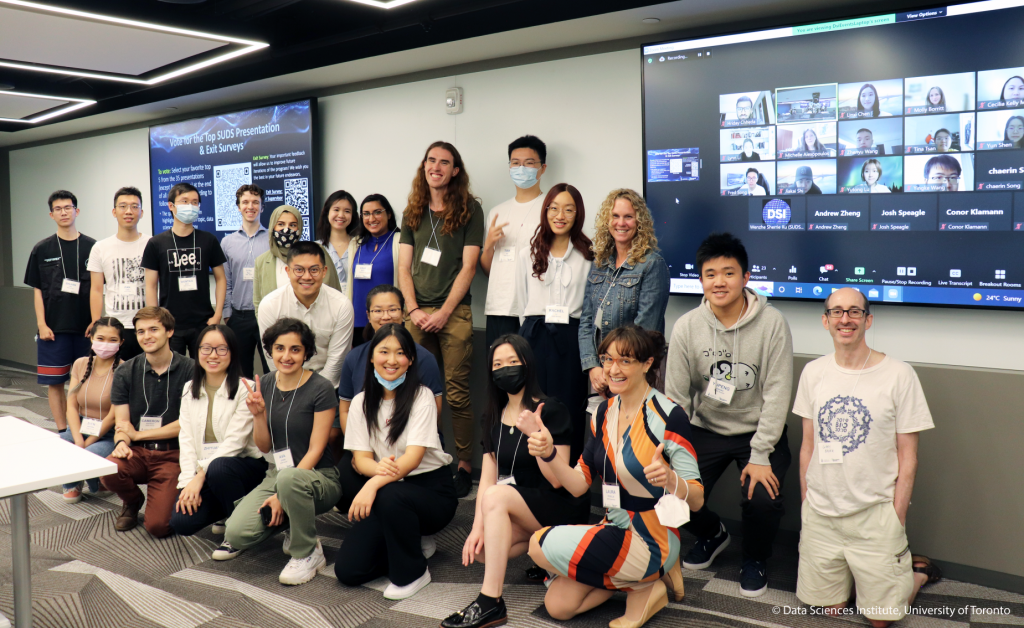
Other 2022 SUDS scholars included Yingke Wang who was working with Rahul Krishnan, an assistant professor in the Department of Computer Science and the Department of Laboratory Medicine & Pathobiology within the Temerty Faculty of Medicine, on machine learning for chronic disease management.
“Thanks to SUDS, I had the opportunity to learn how to combine machine learning algorithms in the healthcare industry as well as explore survival analysis. Plus, the self-learning skills I gained will be essential to me for approaching graduate study,” says Wang, a member of St. Michael’s College.
“It's been wonderful to see the support that SUDS provides to young scholars like Yingke,” says Krishnan. “Introducing students to research early is an important step for them to see the opportunities that graduate study can provide."
SUDS scholar and Innis College member, Tina Tsan worked with Ulrich Wortmann, an associate professor in the Department of Earth Sciences at the Faculty of Arts & Science, on an analysis of why the last ice age came to a sudden end.
“For me, the biggest reward from the SUDS program has been how it’s broadened my perspective and understanding of what data science is and how it's used in different fields,” Tsan says.
SUDS scholar Anthony McCanny, a member of Victoria College where he was a Northrop Frye Centre Undergraduate Fellow, worked with Felix Cheung, an assistant professor in the Department of Psychology at the Faculty of Arts & Science. They explored whether gross domestic product (GDP) is a good measure of economic and societal success, and what type of government spending improves the lives of citizens.
“The SUDS program filled my summer with an unbelievable amount of learning, fun, joy and community,” says McCanny. “I’ve been very lucky in Professor Cheung’s lab to have the freedom to conduct my own research, paired with great guidance. It’s hard not to feel like this summer has redefined my path in life, filling me with enthusiasm for a career in research, and connecting me with people that I hope I get to keep working with.”

